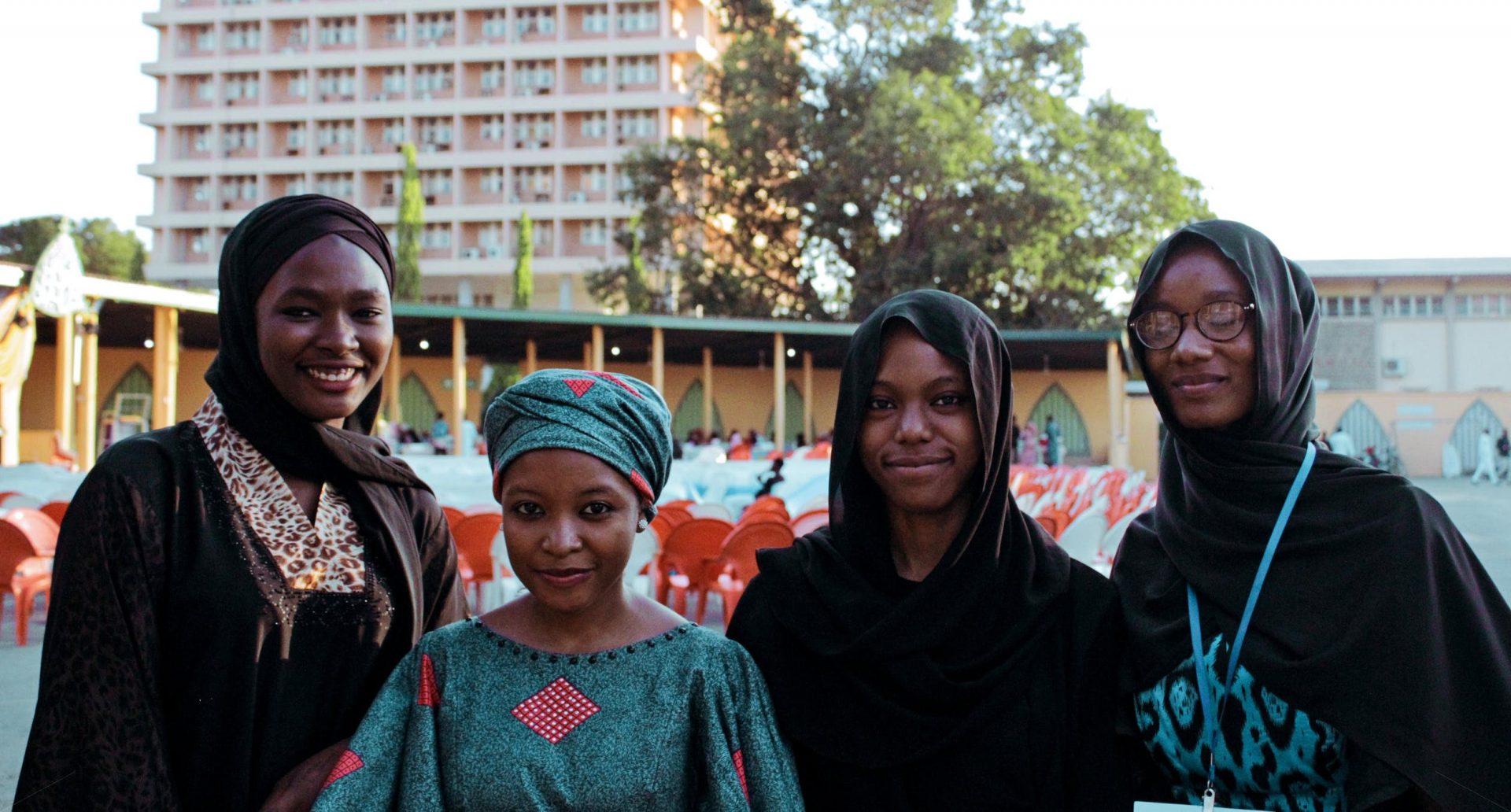What is Halal and everything about the booming industry
Are you supporting the booming halal industry? While this food is primarily associated with the Muslim faith, people of all creeds and religions realise the many benefits of halal food. If you respect the sanctity of life and are against animal cruelty, then you need to know more about halal.
While it is not a vegetarian lifestyle, halal food goes through a rigorous process to cut down on animal cruelty. Below, we answer the question “What is halal?” and discuss why it is so popular.
What Is Halal Food?
Translated from Arabic, halal means ‘permissible’ or ‘permitted’. It is the dietary standard permitted in the Qur’an, the Islamic scripture. Its opposite term is not Shariah-compliant, which is food that is not permitted or unlawful.
In general, foods classed as not Shariah-compliant are alcohol, pig meat, and the meat of any creature that has died of a natural cause, as a result of beating or asphyxiation. The blood of an animal is also considered not Shariah-compliant.
Halal food gains its credence by preparation using the correct slaughter of an animal. This is dhabiha, and involves cutting the animal in the jugular vein, windpipe, and carotid artery.
The animal is then hung so that all blood drains from its carcass. During the slaughter, a Muslim must say “Bismillah ir-Rahman ir-Rahim” which translates as “in the name of Allah”.
Rules of Halal Slaughter
There are a number of other rules that govern the death of an animal under the halal certification. The person conducting the slaughter must be an adult Muslim, who says God’s name before the first cut. This shows that the animals are being killed for food with God’s consent.
The cut must be completed in one continuous motion of a sharp knife, severing the trachea and two blood vessels. Not only does this require skill, but it also minimizes suffering for the animal. It is also stated the knife blade must be clean, to avoid any tears or infractions that may prevent the arc of the wound.
Finally, there are a number of rules that protect against unnecessary distress to the animal. Sharpening of the knife must not be done in the presence of the animal, nor must the animal see other animals killed. Animals must have been treat well before death and must have bled out and been completely dead before any further processing.
Non-Meat Halal Products
You may see the halal certification on a number of products that are not meat. This is because many products use animal derivatives in their base. Many of them are not Shariah-compliant because they use pig products.
For example, anything that contains gelatine will most likely have come from pigs, and will not receive halal certification. It can also occur that many products halal certified are exactly the same as non-halal counterparts. This occurs when an item contains no products that require halal certification in the first place, making it halal safe.
Some items gain halal certification because they come from a production line proven to be non-Shariah-compliant product free. In this case, manufacturers must prove the line providing the certified product does not come into contact with animal products.
Products that are not Shariah-compliant
In addition to the aforementioned products, there are a number of other products that classify as not Shariah-compliant foods. Alcoholic drinks and intoxicants, along with anything that has used yeast for fermentation are forbidden.
Some cheese is also forbidden due to the use of rennet in its processing. Rennet is the curdled milk taken from the stomach of an unweaned calf. Only plant and microbial rennet can be used in the processing of this type of cheese.
Rendered beef and mutton fat, often known as tallow, are also forbidden. This goes with any stocks for soups not made from halal animals.
Is It Humane?
There are ongoing arguments as to how humane halal slaughter is. While the descriptions above do paint a grim picture, any slaughter of an animal is uncomfortable. However, there are a number of factors that qualify halal produce to be what many would consider humane or more humane than other methods of meat production.
In fact, one argument is that the method in which animals live in the run-up to a halal slaughter is better than those provided in modern mass farming. In fact, the Qur’an specifically states “Verily Allah has prescribed Ihsan in all things. So if you kill then kill well; and if you slaughter, then slaughter well. Let each one of you sharpen his blade and let him spare suffering to the animal he slaughters.”
Halal food is also slaughtered in a manner that results in a very quick death for the animal. This is in contrast to many mass farming methods, in which animals become extremely distressed when they are in full view of other animals during slaughter.
Grey Areas
There are some grey areas that remain unclear in the preparation of halal foods, the most contentious being the ability to stun an animal. This is common practice in livestock slaughter, in which the animal is first stunned and then killed. This is not allowed under the laws of halal unless the animal survives and is then killed using halal methods.
The reason for stunning is that it disorientates the animal. This allegedly causes less suffering during the slaughter process, though many schools of thought believe it is just as bad. Stunning the animal can take place using a bolt gun to the head, through electrocution, or the use of sedatives.
In fact, many Halal-certified products have used some method to stun an animal before killing it. Many major supermarkets and countries will not allow the slaughter of an animal without stunning unless there are strict religious reasons for doing so.
The Sanctity of Life
At the heart of the origin of halal, is the need to bear witness to the sanctity of life. A huge emphasis is on the dignified death of the animal. This is because life is a sacred blessing to animals and humans.
If an animal has to have its life ended, then it must be for human survival. This can only be done in God’s name. This is why his name is called before the first cut commences.
Going Beyond Religion
For some people not part of the Muslim faith, halal food is an option they will choose regardless. The rigorous testing has also begun as a stamp of approval that says the product is checked and vetted.
Halal products have also begun to venture out into areas other than meat. Halal-certified, non-alcoholic sparkling wine is one of the many new products brought to market. This is along with a movement in pharmaceuticals and cosmetics.
Part of this could also lie in the parallel movement in vegan foods. By creating products that appeal to vegans, free from any animal products, they also create a product that is halal. This allows manufacturers to target two burgeoning markets with one product.
Halal Economies
One country fully embracing the booming halal economy is the Kingdom of Brunei. Primarily, its wealth comes from oil and gas. In a bid to diversify, it is now embracing halal produce as a means to bring in extra income streams.
Brunei has a reputation for being extremely strict when it comes to the preparation of halal foods. In the country, even a chef preparing a meal must be Muslim for it to qualify as halal.
Part of this push has come from the fact that in this country, governance of halal food comes from the government itself. In other Muslim faith countries, halal food is governed by private individuals or independent boards.
In addition, the meat to create these products does not require rearing or farming in a predominantly Muslim country. In fact, the government of Brunei has a number of farms in Australia which rear and slaughter animals according to the principles of Islam.
Non-Muslim Halal Exporters
This principle of halal farming in non-Muslim majority countries is not a one-off. In fact, most of the exports of halal food are done from predominantly non-Muslim countries. The top exporters of halal food are Brazil, Australia, India, and France.
In Europe, it is estimated that the halal market is growing at around 10 to 20 percent per annum. This corresponds with a growth in the Muslim population.
Start to Switch
If you can now answer the question “What is halal?” and feel it may be for you, then make the switch. Halal meat is becoming increasingly easier to source and buy. In addition, you can find many halal restaurants in most towns and cities.
If you follow the Islamic faith and are looking to invest, then join us at Crescent Wealth. We are Australia’s only Islamic superfund that does not compromise your core values or beliefs. Contact us here to discuss your individual needs and see how we can help you.
Share this
You May Also Like
These Related Stories

7 Halal Ethical Investment Ideas for FY2021-FY2022

Your Halal Superannuation Rates and Thresholds for FY 2021-22


